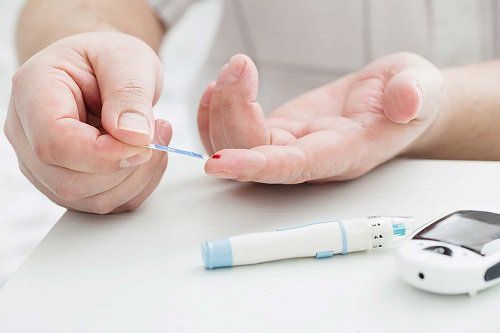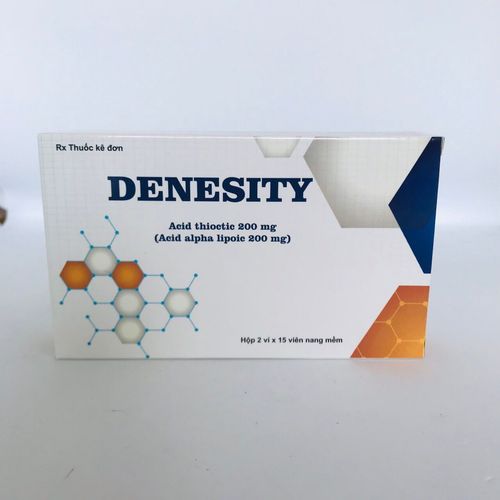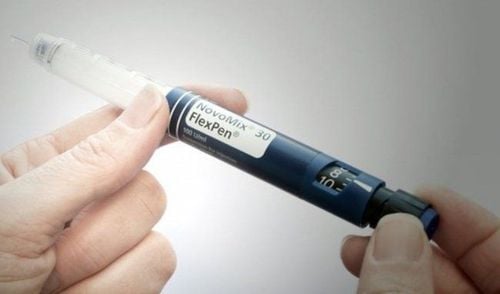This is an automatically translated article.
Many people think that dieting means fasting for a period of time or drastically cutting down on portions for better health. If you have diabetes, is the diet safe and will it help you control your blood sugar better?1. Diet plan for people with diabetes
Some of the diet plans include:Combination of a regular diet with regular meals: You eat a normal diet at regular intervals every day. Then eat 600 fewer calories the next day, repeating this pattern throughout the week. The commonly used 5:2 plan, in which you follow a daily diet 5 days a week and cut about 500-800 calories for the other 2 days.
Extend the time between meals: Is when you eat according to the time, eat according to a specified number of hours. For example, on an 8-hour plan, your first meal of the day is at 10 a.m., your second meal at 6 p.m., then no more until 10 a.m. the next day.
Some people may fast for days or even weeks at a time - for example, for religious reasons. But do not fast for more than 24 hours when you have diabetes because it can be dangerous.
Prospects:
Most of the studies on dieting have been done in animals. Scientists are studying the effects in people, including those with diabetes, and the early findings are promising.
2. Weight loss guidelines for people with diabetes
Make a diet plan with your doctorIf you control your diabetes well, there are fewer health hazards in the diet. And if you don't use insulin or a type of diabetes medication - sulfonylureas, you're less likely to worry about dieting than others. However, if you have large fluctuations in your blood sugar — say, from 400 milligrams/dL one day to 50 mg/dL another day — your doctor may recommend that you don't fast. Other people who generally shouldn't diet include pregnant women, people with a history of hypoglycemia (low blood sugar), a history of a diabetic complication called ketoacidosis, and sometimes people who do it on a regular basis. hard work.
In any case, planning with your doctor can help you approach the diet in the right way.
Continue to check your blood sugar during the diet.

Tiếp tục kiểm tra lượng đường trong máu của bạn trong quá trình ăn kiêng
Some people with diabetes think that checking their blood sugar during fasting will make them give up more quickly. In fact, doctors recommend getting it checked out regularly if you're on a diet because it's key to avoiding a health emergency. Low blood sugar is a bigger concern during fasting, but high blood sugar can also occur.
People who use continuous glucose monitoring devices can check their blood sugar more often, resulting in less chance of losing control.
Follow your doctor's recommended insulin or medication regimen while on a diet
Some patients who use insulin think they must stop using their medication while on a diet. That may apply to some patients with type 2 diabetes, but for type 1 their lives are dependent on insulin, so it can't be stopped.
Consider splitting into several small diet meals during the week.
This is what doctors try to convince patients to do. The diet is like religious dieters, who do not go on a complete diet, but avoid foods that bring pleasure and focus only on foods that help them maintain nutrition and health.
Carry a sweet drink (like a juice box) or a small box of candy with you if you exercise while on a diet.
That's because exercise can cause your blood sugar to continue to drop. However, most people with diabetes can exercise normally while on a diet. You just need to avoid overdoing it, especially in the evening when the risk of low blood sugar can increase.
Eat a breakfast before dawn if you are during Ramadan fasting.
Patients should follow a high-carbohydrate and fiber-rich diet and drink plenty of water during this time.

Uống nhiều nước trong thời gian ăn kiêng
A healthy combination of protein, fiber and carbohydrates can help keep your body and blood sugar in balance at any time, especially after fasting.
Know when to stop dieting.
Diet should be stopped if blood glucose is below 70 mg/dL. This indicates hypoglycemia. In the event of hypoglycemia, it is important to immediately discontinue the diet and treat it temporarily with foods or beverages containing carbohydrates. In fact, the risk of hypoglycemia is 4.7 times higher than normal in people with type 1 diabetes and 7.5 times greater than normal in people with type 2 diabetes.
You should also Stop dieting if your blood sugar gets above 300 mg/dL. You will need an adjusted dose of insulin to prevent your blood sugar from rising further.
Listen to your body
Dark urine, headaches, nausea and vomiting can all be signs of severe dehydration. If you experience these signs, you should stop the diet.
Please dial HOTLINE for more information or register for an appointment HERE. Download MyVinmec app to make appointments faster and to manage your bookings easily.
Reference source: Webmd.com












